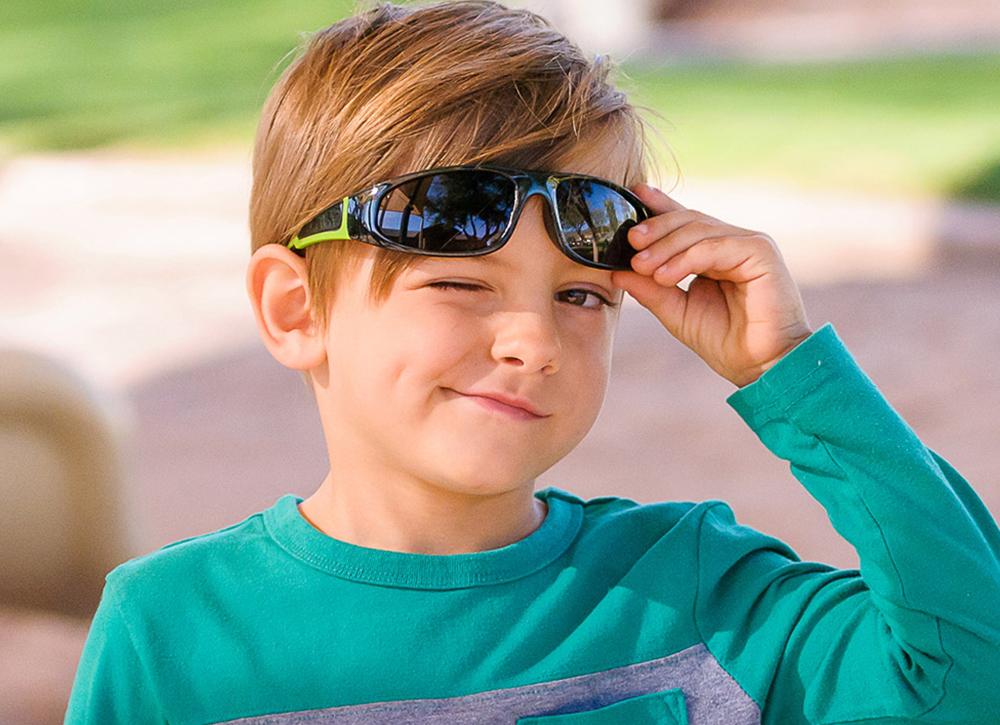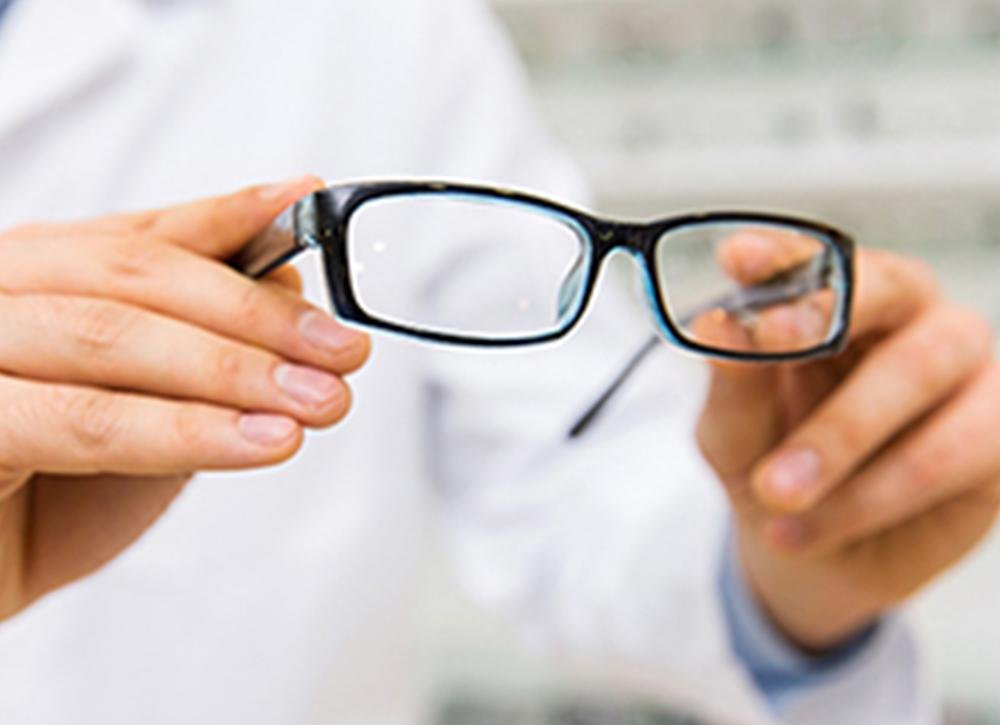In the previous article, we discussed “Are sunglasses good for children?”. In this article, let’s talk about “Are polarized sunglasses better for kids?”.
Sunglasses can prevent the sun from harming the eyes. Especially in summer, the sun is very strong. In our daily life, we can often see that many people wear sunglasses, and many parents also wear sunglasses for their children. There are several kinds of children's sunglasses, including sunglasses with polarized light function, which can be called polarized sunglasses. But should children wear polarized sunglasses?
Do children's sunglasses need polarized light?
Polarizers are functional glasses that can filter out diffusely reflected stray light. If you are outdoors and in strong light, polarized sunglasses can protect your eyes. But it is not suitable to wear indoors or in dark places, because polarized sunglasses will reduce the brightness and make your eyes tired. Therefore, if children wear polarized sunglasses, please wear them in a suitable place. Children can choose to wear polarized sunglasses when there is strong light outdoors. In this case, children’s eyes can be protected. If the child wears polarized sunglasses in a place with insufficient light, it will affect the normal vision of the child and may lead to myopia. There are many well-known brands of children's sunglasses on the market. Parents are advised to choose regular products with quality certification marks when purchasing, so as to avoid inferior sunglasses from damaging children’s eyes. You can ask more professionals in the store about related matters when children wear glasses so that the safety of children's glasses can be ensured.
What are polarized sunglasses?
Polarized sunglasses have the function of filtering out the reflected glare. For example, under strong light in summer, polarized sunglasses can prevent vertigo, have a clear and natural vision, and reduce visual fatigue. Polarized lenses have polarizing properties, so they can completely block the dazzling glare caused by various factors such as scattering, refraction, and reflection. At the same time, it can completely block ultraviolet rays harmful to human eyes. If you need to concentrate for a long time, such as fishing, diving, and other activities, you can choose polarized glasses. Polarized sunglasses have the function of filtering polarized light, which can eliminate external uncomfortable light and make the scene look soft and not dazzling. Polarized sunglasses, blocking all harmful light without affecting the transmission of visible light, can truly achieve the function of protecting the eyes.(https://www.koalaeye.com/collections/polarized-sunglasses)
How to distinguish polarized sunglasses?
1. When buying a polarizer at a regular eyewear shop, there will be a test piece with some pictures in it. You can’t see the picture without a polarizer. You can see it as soon as you put it on. In fact, this test piece is specially made and uses the principle of polarized light.
2. The polarizing lens has a characteristic, that is, the lens is extremely light and thin. When distinguishing, you can compare the weight and texture with other ordinary sunglasses.
3. When you buy, stack two polarized lenses vertically, and the lenses will appear opaque. The reason is that the special design of the polarizer lens only allows parallel light to pass through the lens, and most of the light is blocked when the two lenses are stacked vertically. If there is a phenomenon of opacity, it proves to be a polarizer.
4. Place the lens and the LCD screen, such as the mobile phone display, in parallel and overlapping. Turn the polarizer. Looking at the LCD screen through the polarizer, you will find that the LCD screen will brighten and darken as the polarizer rotates. If there is no change no matter how it turns, it is not a polarizer.
Thank you for your time in reading our passage “Are polarized sunglasses better for kids?”. For more information about sunglasses and eyeglasses, please continue to follow KoalaEye Blog. Also, it is welcome to share and forward to Facebook and Twitter.





































